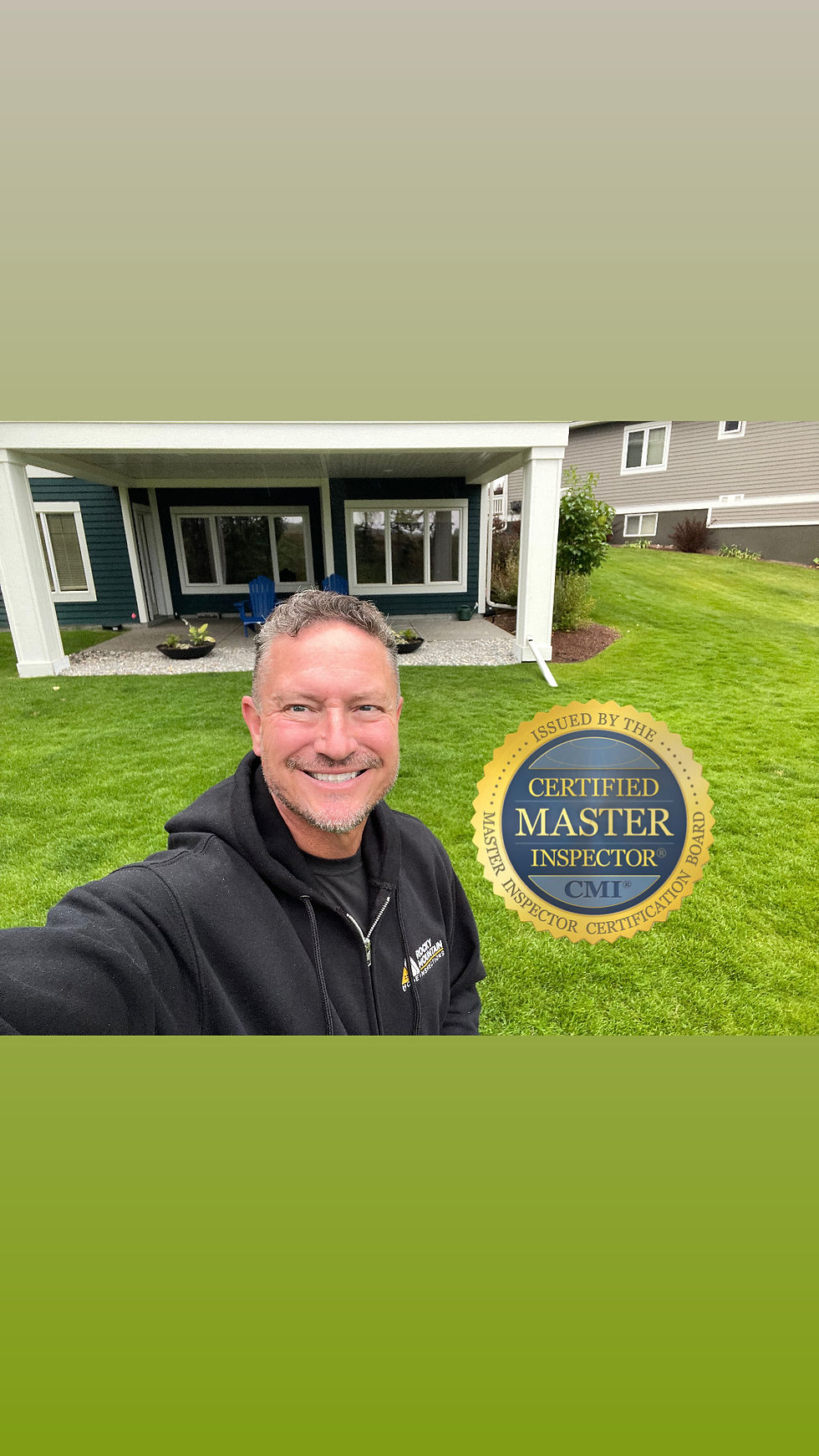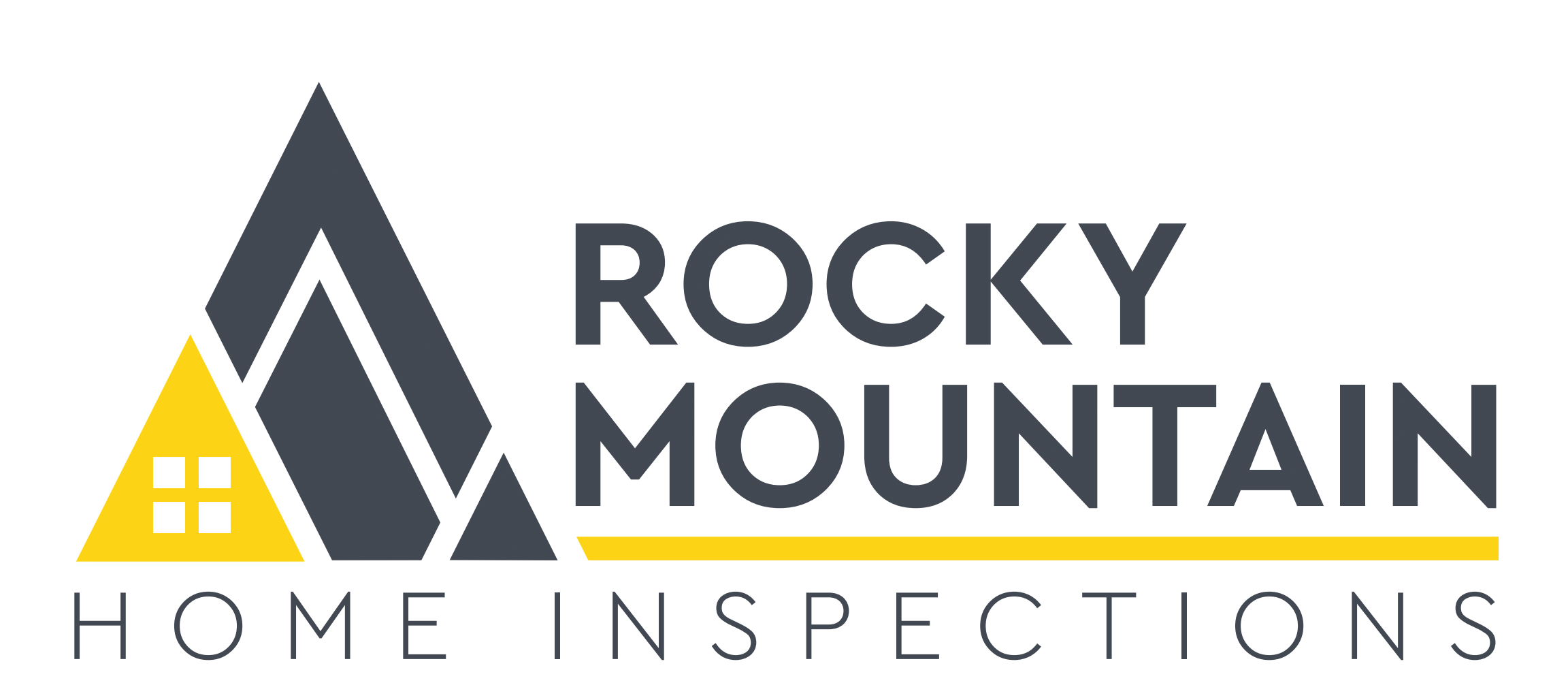
We Educate Our Clients
We'll show you how everything works, how to maintain it, and how to save energy. The condition of your home can impact your health, so we make it a priority to check for anything that might affect your living environment.
Maintaining your home means taking simple, proactive steps to avoid bigger problems down the road. We'll share easy maintenance tips and ways to save on energy costs, like optimizing your HVAC and insulation, to help you keep things running efficiently and sustainably. At Rocky Mountain Home Inspections, we're here to help you make smart decisions about your home and keep it in great condition.

How It Works
We'll show you how your home's systems operate so you can manage them effectively.

How to Maintain It
Learn practical tips to prevent costly repairs and keep your home in solid condition.

How to Save Energy
We'll provide straightforward ways to improve efficiency, like optimizing your HVAC and insulation.
Services
We perform home inspections according to the InterNACHI Standards of Practice and Code of Ethics. Contact me anytime about our certifications.
Meet Your Inspector

Meet Kyle Dowdeswell
Owner & Certified Master Inspector®
Rocky Mountain Home Inspections Ltd.
When you hire Rocky Mountain Home Inspections, you’re choosing confidence and clarity in one of life’s biggest investments.
As the owner and lead inspector, Kyle Dowdeswell brings decades of hands-on experience in the home improvement and construction industry. His transition into professional home inspections was a natural evolution — combining technical expertise with a passion for helping homeowners make informed decisions.
Having completed thousands of inspections, Kyle has earned the Certified Master Inspector® designation from the Master Inspector Certification Board — the highest professional credential in the field.
Based in Canmore, Kyle understands the unique characteristics and challenges of mountain and alpine homes — from moisture control and insulation to foundation performance in varying terrain. His local insight ensures every inspection is thorough, practical, and relevant to our region’s climate and conditions.
When he’s not inspecting homes, you’ll find Kyle exploring the Rockies with his wife and their dog — hiking, biking, or casting a line in one of Alberta’s pristine mountain rivers.
At Rocky Mountain Home Inspections Ltd., our goal is simple: to give you peace of mind through detailed, accurate, and easy-to-understand inspection reports — whether you’re buying, selling, or maintaining your property.
Alberta Inspector License #347083

Get to Know Us
Welcome to Rocky Mountain Home Inspections, your certified home inspection service in Canmore, Banff and Calgary, Alberta areas. We are dedicated to providing a reliable home inspection to ensure you have the information you need to make informed decisions about your property. Whether you are renting, buying, selling, or maintaining a home, our thorough inspections will give you peace of mind.
As certified home inspectors, we will bring years of experience to your home inspection. We are committed to excellence and adhere to the highest industry standards. With our extensive training and certification, you can trust that we will inspect every system and component of your home, from the foundation to the roof.
At Rocky Mountain Home Inspections, we understand the significance of your investment. Our goal is to help you make confident and informed decisions about your property.
Thank you for choosing Rocky Mountain Home Inspections.

What We Inspect
-
Roof: Inspect for damage, missing materials, drainage, flashing, and overall condition.
-
Exterior: Inspect siding, windows, doors, and foundation for structural integrity and weatherproofing.
-
Foundation & Structure: Inspect for moisture, structural issues, and ventilation.
-
Heating & Cooling Systems: Inspect components for safety, efficiency, age, and condition.
-
Plumbing: Inspect pipes, fixtures, and water heater for leaks, pressure, and functionality.
-
Electrical: Inspect service panel, wiring, outlets, and safety devices.
-
Fireplace: Inspect chimney and fireplace for safety and operation.
-
Attic & Insulation: Inspect insulation, ventilation, and signs of moisture.
-
Interior: Inspect doors, windows, walls, floors, ceilings, and safety features.
Read My Most Recent Client Reviews
Tips for Homebuyers
Buying a new home can feel overwhelming. Start with our free booklet, ‘Tips for Homebuyers,’ packed with practical advice to help you navigate the real estate market and streamline your purchase. Learn what to look for during a home inspection and how to move the process along efficiently, straight from an InterNACHI® Certified Professional Inspector. This guide is a solid first step toward making a smart investment.
Meet Your Inspector

Kyle Dowdeswell is the owner of Rocky Mountain Home Inspections.
You can rely on Kyle for a thorough and high-quality home inspection. With decades of experience in the home improvement industry, transitioning to property inspections was a natural next step for him. Having conducted thousands of inspections, Kyle is proud to hold the Certified Master Inspector® designation from the Master Inspector Certification Board.
Living in Canmore, Kyle has a deep appreciation for the unique challenges and features of mountain homes. When he’s not working, he enjoys spending time in the great outdoors, with his wife and their dog hiking, biking, and fishing in the stunning landscapes of the Canadian Rocky Mountains.
Choosing Rocky Mountain Home Inspections Ltd. means choosing peace of mind. We are committed to providing a detailed and comprehensive report, ensuring you get the most from your buying, selling, or maintenance experience. Trust us to deliver exceptional service and satisfaction.
Alberta Inspector License #347083



.png)


.png)